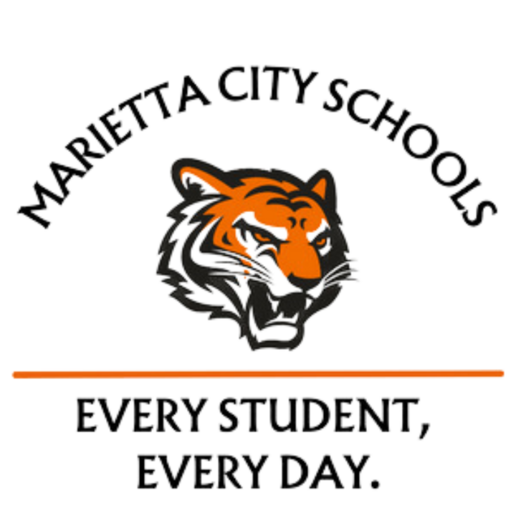In December 2021, Director of Curriculum and Technology Tim Fleming announced the creation of the Marietta City Schools District Literacy Committee.
The District Literacy Committee will meet monthly to build a community understanding of The Science of Reading and added state Dyslexia guidelines. The format of the meetings will vary including open discussion based upon 'homework' topics and presentations by guests. At-home learning will also be enriched with videos, podcasts, articles, book studies, etc. that reflect what’s possible for our students.
This page will serve as a compilation of each of those materials as they are released to the participants of the committee and a consolidated digital reference to articles, videos and news coverage of the public discourse.
What's Next:
April 21, 4:15 p.m. at Marietta High School Cafeteria
Reading: TNTP. (2018).The Opportunity Myth: What Students Can Show Us About How School Is Letting Them Down—and How to Fix It.
See a timeline of past meetings and reviewed content below.
January
Moats, Louisa C. "Teaching Reading is Rocket Science; What Expert Teachers of Reading Should Know and Be Able to Do." American Educator, vol. 44, no. 2, 2020, pp. 4–9.
- Read the web-based article here.
- Read the full 32-page report here.
- Read the American Educator issue where Moats' work appeared here.
The January meeting took place at 4:15 p.m. on January 27 in the Marietta High School cafeteria. Click here for a review of the discussion.
February
Note: Due to scheduling conflicts with parent-teacher conferences, the February discussion has been rescheduled for March 3 at 4:15 p.m. in the Marietta High School cafeteria.
The February discussion will kick off with a review of this American Public Media audio documentary by Emily Hanford, "At a Loss for Words; How a flawed idea is teaching millions of kids to be poor readers."
Read an annotated edition of this episode here.
The committee is also tasked with a review of the drafts the Ohio Dyslexia Guidebook available through the Ohio Department of Education.
Here is the March 2022 Draft still under review by the State Board of Education:
March
On March 17, the committee met in person to put hands on some of the tools used to enhance multi-sensory learning.
One strategy employed was the Elkonin Sound Box.
The committee also reflected on the generational impacts of dyslexia when needs of each student are not met as described in this February testimony before the State Board of Educaton's Teaching, Leading and Learning Committee:

